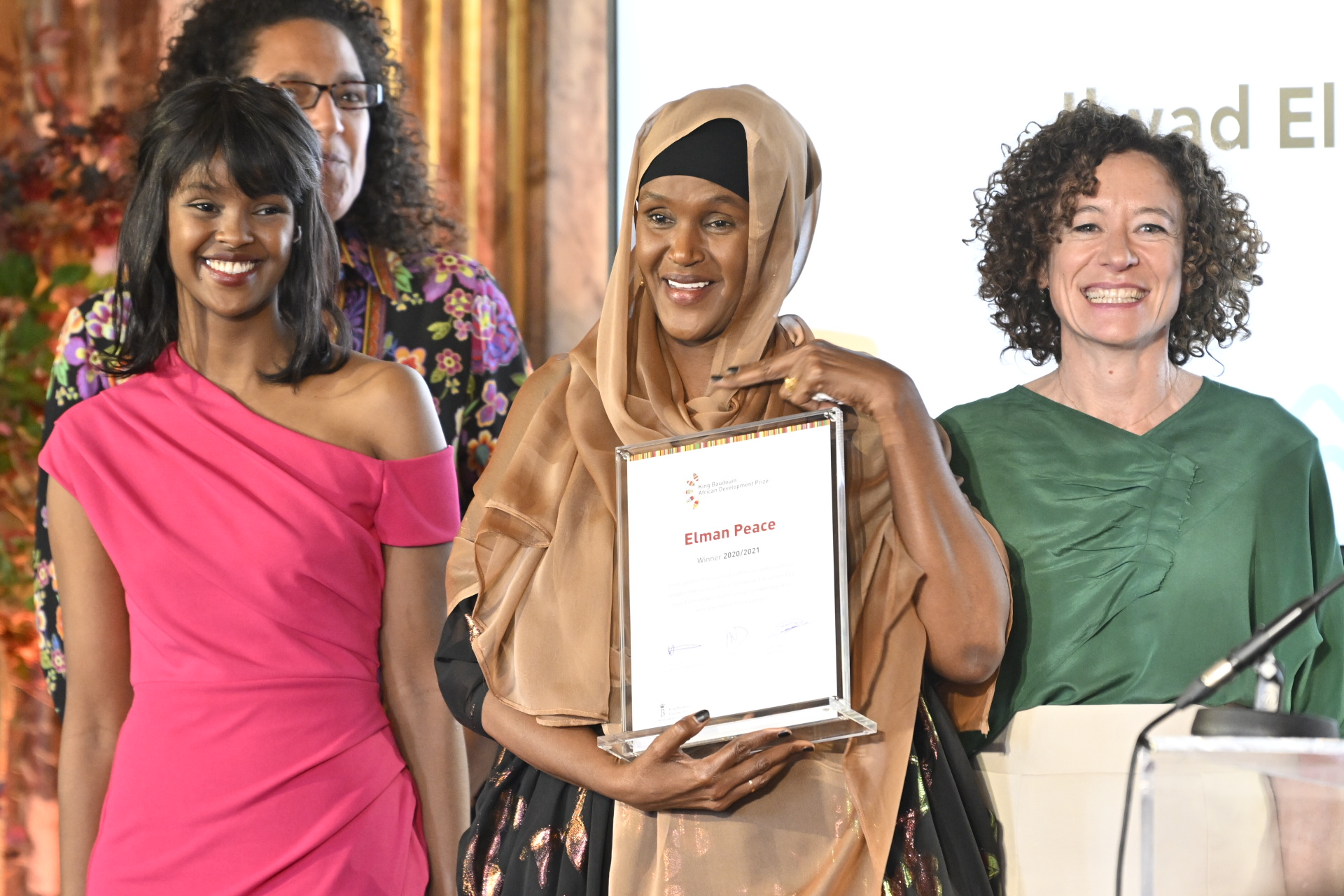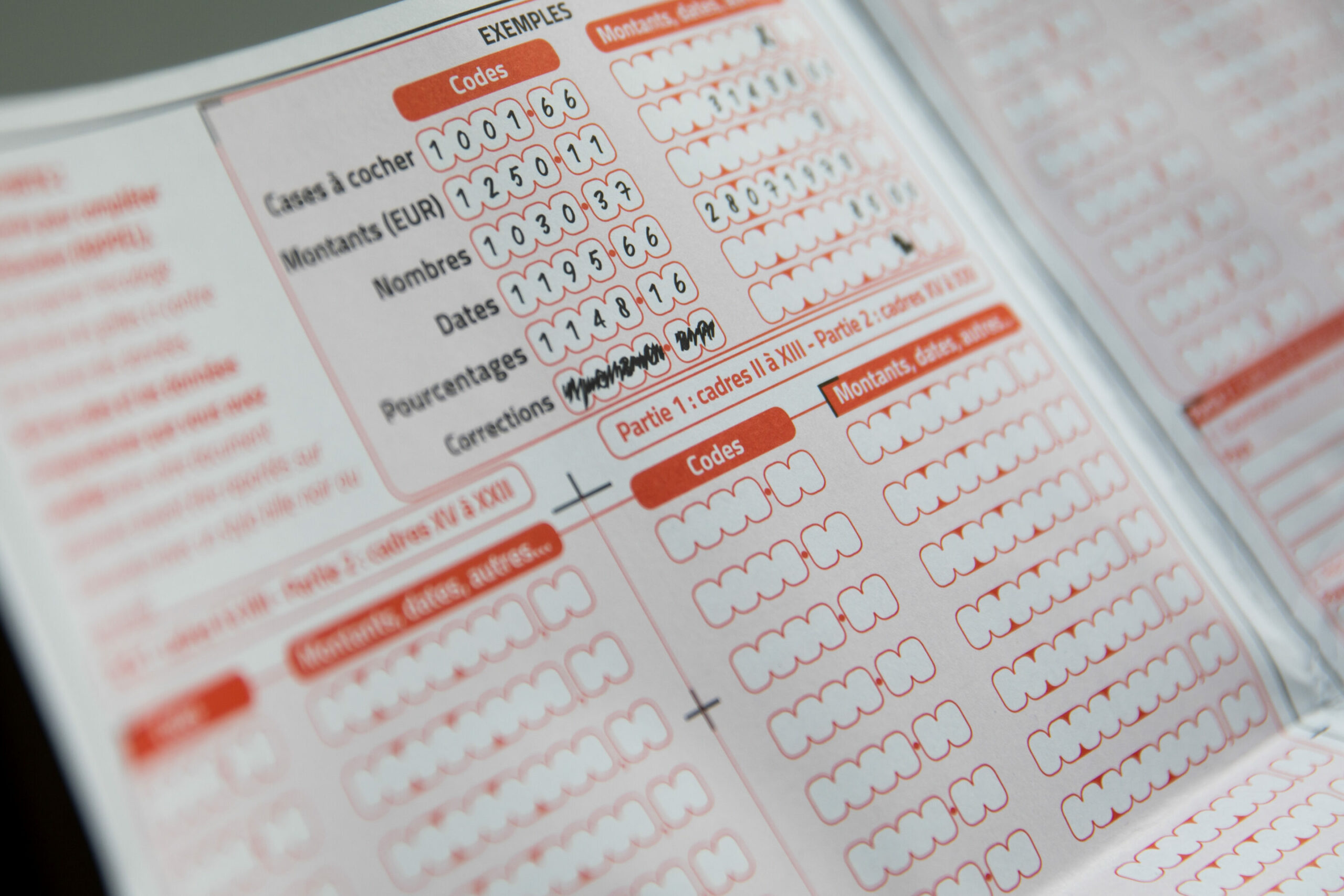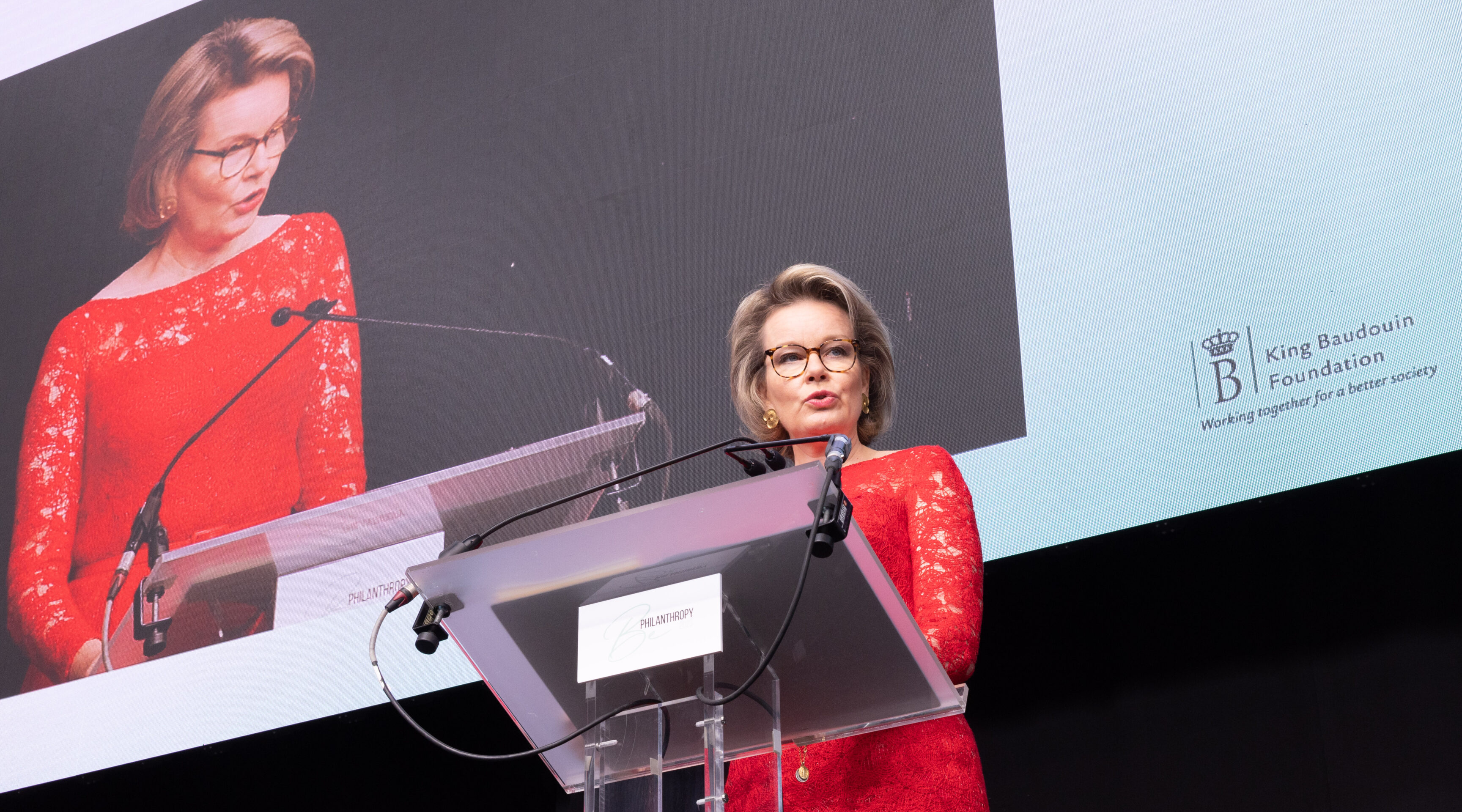Philanthropy can fundamentally change society for the better – but is often perceived as a vocation belonging to the super-wealthy. Is this always the case?
Not quite, Belgium's King Baudouin Foundation (KBF) wants to expand philanthropy across all sectors and provides tailored support to any individual or organisation looking to make a difference.
KBF, originally gifted by King Baudouin to the people of Belgium in 1976, is now a public utility foundation managed by an independent board. Prospective donors with a desire to alleviate poverty, fight for social justice, safeguard democracy or protect the environment can set up a fund in their name and receive support in executing their philanthropic goals.
Many donors are motivated by profoundly personal stories, says KBF Director Stefan Schäfers. "Perhaps a child was injured in a car accident and the donor wants to improve road safety so no other parent has to experience the same thing," he told The Brussels Times. "Other donors had relationships with the Belgian colonies in Congo and Burundi, and they want to give back to communities there. We therefore have a lot of activities in Africa."
"There are many reasons why people come to us, but they always come with the desire to do something good for this world," he continues. "The fund is given a very specific objective by the philanthropist, and our job is to make it happen."
Anyone can be a philanthropist
Budding philanthropists first meet with advisors who help them to determine exactly what they would like to achieve. In-depth collaboration and philanthropic training sessions allow them to develop their own strategy. Once the fund is activated, the individual remains engaged with their own fund as well as with the wider foundation, such as through participating in committees if they have specific expertise to offer.

Vooruit's Yasmine Kherbache and award winner at the Award ceremony of the King Baudouin Prize for Development in Africa, in Brussels, Thursday 16 June 2022. The King Baudouin Prize rewards the exceptional contributions of individuals or organisations to development in Africa. awarded every two years. Credit: Belga / Eric Lalmand
When it comes to individual donors, what typical profiles do KBF typically deal with? "Modestly wealthy people without children is a classic profile," says Schäfers. "Next comes the entrepreneur who has sold their business and now wants to contribute to society."
If a donor without inheritors passes away, KBF sell the inherited assets and invests them into a specifically created fund often carrying the name of the donor. Many see this route as a way to leave a legacy behind, governed by a foundation with the means and the expertise to safeguard the good deed.
Tax incentives
Setting up a fund requires a start capital of €75,000, but there is also the "in-out" fund option which requires an annual investment of €10,000.
Smaller commitments are possible too, and what is more, they include tax incentives. If creating your own fund is out of the question, it is possible donate to one of KBF's almost 500 available "friends" funds directed to individual organisations or 350 "local project accounts" and benefit from a tax break when gifting sums of at least €40. In Belgium, 45% of the donation amount is deducted from tax – not from taxable income. This differs in other European countries.

Credit: Belga / Hatim Kaghat
Although Belgian, KBF operates internationally and is determined to make cross-border philanthropy as painless as possible for those interested in helping causes in other countries. The Transnational Giving Europe (TGE) network allows for donors in Belgium to contribute to projects in countries across Europe and still benefit from a tax receipt at home. The Myriad alliance facilitates cross-border giving all over the world.
Schäfers stresses that these initiatives are of particular interest to expats in Brussels. "KBF can help expats to identify causes in their own countries and facilitate giving back to them. And for people who want to give back in Brussels, we have a lot of funds here too." One fund, 'Bike in Brussels', has invested in safer, more efficient bike lanes across the city.
"The ultimate aim is to get rid of the obstacles that prevent people from giving."

